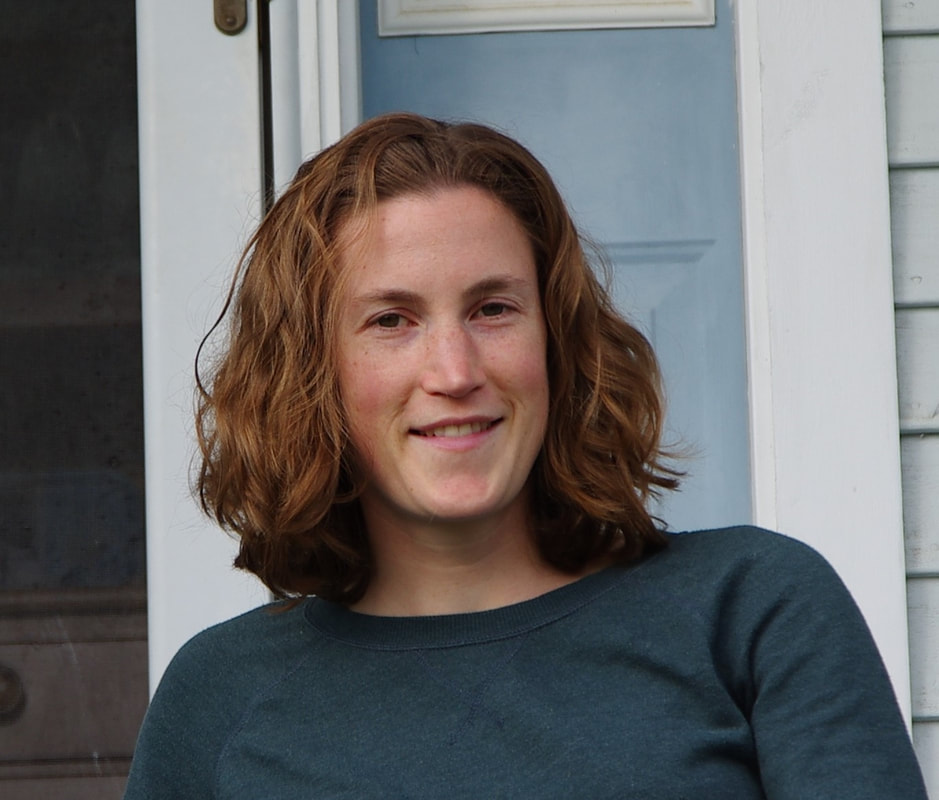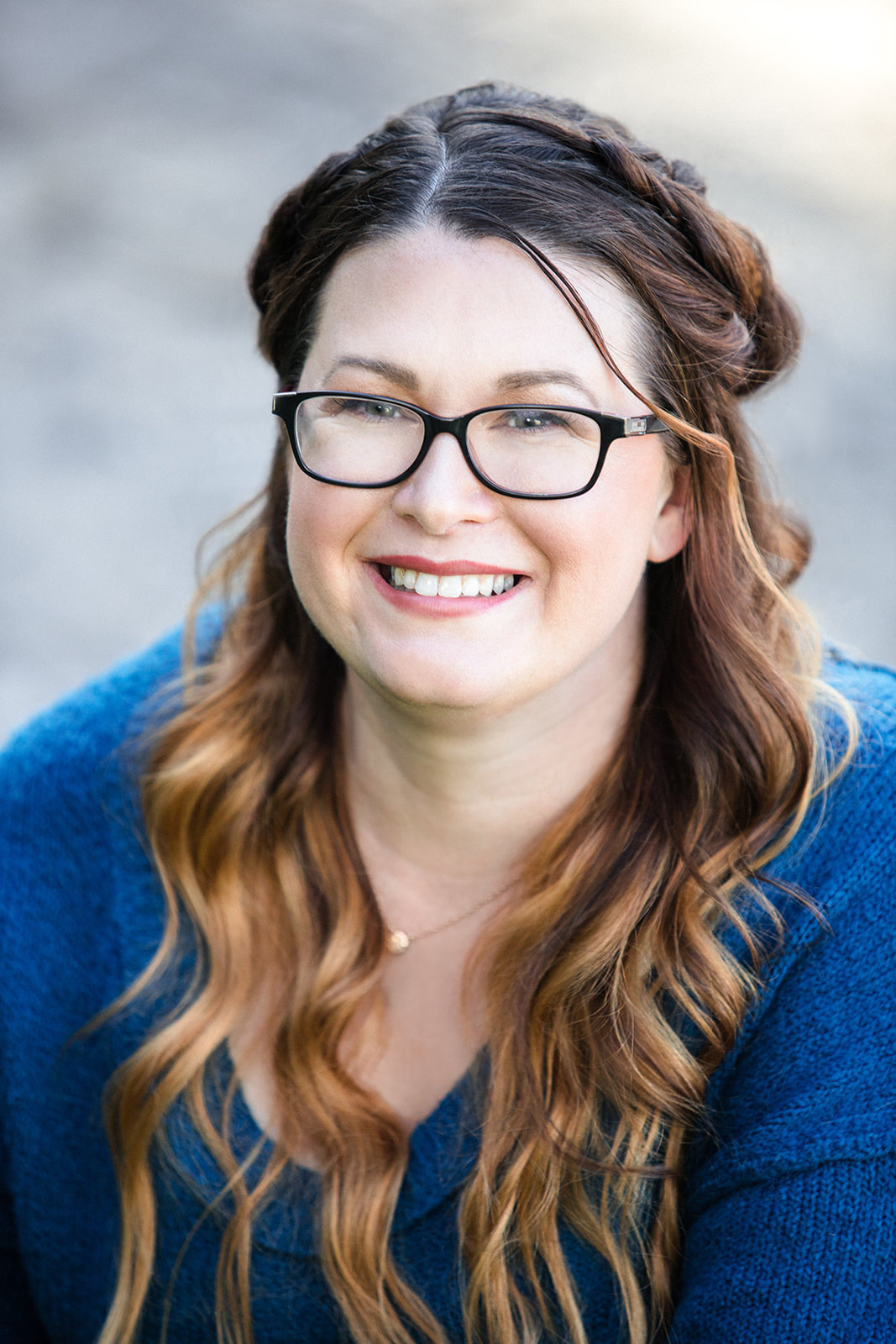 Dear Karen, Congratulations on being selected as the Creative Fellow Scholarship recipient of the 2021 Writers Conference. To comply with social distancing efforts, we are conducting this year’s conference online. As such, we’re able to admit every applicant in need at a discounted price, so no, you’re not as special as you thought. Our event will be held on a virtual platform allowing all of our attendees to network. We have created chat rooms for Fiction Writers, Non-Fiction Writers, Poets, Memoir Writers, etc. Some of our attendees will create chat rooms for MFA Programs, Self-Publishing, Historical Black Colleges and Universities (HBCU), Literary Publications, and so forth. We’ll even have attendees create rooms that label the type of scholarships we’ve awarded this year: The White Fellowship with a white guy’s name that anyone can apply for but will most likely be awarded to a white writer, The Black Fellowship named after a Black writer, and the Asian Fellowship…you get where we’re going with this. You’ll be able to see how active each chat room is by the red number above each label. This number indicates how many unread messages you have for that chat room. Because each virtual room is selective for every attendee, you are not required to read every single unread message. What we won’t be prepared for is the perpetual uptick of unread messages in the Black Fellowship’s chat room. The conversations there will be non-stop, even during workshop sessions. They will chat and joke as if they are family without having met one another prior to this event. Still, you will find candid feedback in every workshop session that will hurt some of our instructor’s feelings. You’ll also find an unprecedented amount of support in this chat room. If a Black Fellow attendee is reading, and another likes what he or she is saying, they’ll let others know through their chat group who and where to go. This will sometimes result in a mass exodus from some workshops and an incredulous increase in attendance in others. The good news is this will leave room for attendees in the least populated workshops to read more of their work. Unfortunately, not every attendee will take advantage of this opportunity which will result in some workshop sessions ending early; and that’ll be a shame. We’ll also be unprepared for the onslaught of screenshots our white attendees will take of the Black Fellowship chats. While everyone is welcome in any chat room, we will not be able to fathom why you’ll feel the need to spy on the Black Fellowship chat when networking opportunities in other virtual rooms are just a click away. Not every Black attendee will engage in our HBCU chat room because not all of them will have attended an HBCU. As such, the room won’t apply to them… We will, however, be able to answer one of the burning questions you’ll ask: Is it safe for a conservative to be here? While it’ll be unclear how unsafe you’ll feel at a virtual conference as no one will make or even hint at threats against a people or organization, we will answer your question with an eye-roll typing: Yes. Of course. We do, however, understand your concern will come from the written works shared by our Black attendees inspired by our workshops along with the disturbing events of the past year. To appease this egregious offense of accepting a large number of bright and talented Black writers, we will reorganize the final night of this virtual conference at the last minute. While creating several virtual open mic rooms with different themes throughout the week won’t be good enough for you, we will create another virtual open mic room specifically for our Black writers. This way, you will not be intimidated by their talent or the Black experience. Our organization is adapting to create a safe space for writers. Our goal has always been to bring writers together from every walk of life, to learn from one another, and enrich each other’s writing. We look forward to seeing your face online—even if we have to segregate a few. Please send your discounted deposit via Venmo, PayPal, Cash App, or Zelle. Contact our coordinator if you insist on sending a check. Once again, congratulations! Sincerely, A Writing Conference That Must Deal with White Fragility and Insecurity Because They, Not you, Certainly Not You, Can Afford to Enroll Every Year at Full Price. Zorina Exie Frey is an essayist, screenwriter, spoken word poet, content writer and digital designer. She is an English Instructor at Converse University and a writing instructor for Writing Class Radio. She’s the Editor-in-Chief for 45 Magazine Journal and Poetry Editor for South 85 Journal.
0 Comments
 When I was five or six, my parents often deposited me with my grandfather for the morning while they did whatever grown-ups needed to do. My parents and I walked into his house through the jittering and squeaking door that needed a gentle, practiced joust to dislodge it from its swollen frame and found him sitting in his blue armchair next to his jar of pink candies. One of our understood activities was visiting the buses. But first, I pointed at a sugar-covered, chocolate cake donut in the enormous blue glass jar that lay just out of reach on the counter. My grandfather ceremoniously extracted one, cut it delicately with a butter knife, and served it to me on a plate. Donuts were strictly forbidden (or at least viewed with trepidation and disdain) at my house. The breaking of the donut was an act of rebellious solidarity. Replete, we exited the house through the garage and continued across the driveway, the asphalt cracks packed with caterpillar-like birch catkins. From our hilltop vantage point on Ellis Avenue, we could just view Main Street and catch the faint rush of passing cars below. An imposing grass cliff topped with stately gravestone pillars rose behind Main Street. As we descended each swell of the hill, my grandfather pointed out the houses, “That’s where Hardy Hubbard lives. Here is Virginia, she gave you that handkerchief once.” I nodded resolutely, not wanting to disappoint him that I did not have the slightest memory of these figures. At last, we turned into the gravel driveway of the abandoned repair shop and gas station. Rows of silhouetted orange-amber glass bottles guarded the windows of the shop. They always glowed eerily, whether sunny or cloudy, convincing me there was some light within, undoubtedly ghostly, that gave them their inextinguishable power. Passing the bottles and turning the corner, we emerged into the yard of buses, most of them traditional and yellow, some of them pug-nosed, some of them dolichocephalic, all of them retired for unknown and uncounted years. The buses were surrounded by rivulets of gravel as rain wash flowed around their wheels and grass grew underneath them. I climbed the stairs through the open front doors, sat in the driver's seats, grasped the towering, immobile steering wheels, squinted in the cracked rearview mirrors, jumped over the rows of seats, clicked the seat belts, opened and closed the doors that were not rusted in place. I darted about, at once the admonishing bus driver, the criminal backseat sitter, the impatient stop waiter. But in the end, I always felt melancholy about the buses. I needed to see all of them so none would feel unvisited, none would yearn for the cudgeling from a child’s foot. As I grasped my grandfather’s hand and we headed back towards the street, I looked up at him and knew with a deep longing that one day too the grass would grow around him, his glasses would become cracked, and his limbs stuck in one orientation. Now, I imagine the bygone buses in their heyday, flowing with oil and roaring diesel, and I still walk with my grandfather. I still hear the reassuring timbre of his voice, watch the corners of his lips draw up in joy, and feel his solid presence full of movement that seemed like it would always be there. You stand there in front of the reptile cages at Petco, your hands at your side, accepting the do not tap the glass stickers as law. You watch them with academic interest, not with want like your older sisters, although you tell me you wouldn’t mind a snake if Fishstix, our cat, wouldn’t try to eat it. Some grow large enough to eat babies, you continue matter-of-factly, pushing your glasses up your nose, but I remind you that your little sister is seven and too large to be eaten by a snake. A woman tosses an odd look our way, but I ignore her. You used to live inside a glass cage like the snakes do, air controlled perfectly, but they called it an isolette. You lived the first two months of your life inside this glass cage, small enough to fit entirely in my two hands pressed together like a bowl. I was allowed one hour a day to hold you, but only if you tolerated it. I still dream of the beeps and shrieks from those machines that kept you alive. You were my third child, and yet changing your diapers terrified me. I used to wonder if you even knew I was your mother, as my milk was given to you via feeding tubes and nurses tended to you more than I did. A recorder played our voices inside your cage, your dad and I reading stories while your older sisters shrieked and giggled in the background, but I feared you wouldn’t know us--wouldn’t know me. Your sisters weren’t old enough to come inside the NICU, so they pressed their faces to the hallway windows and looked into the vivarium of many babies inside many cages and tried to figure out which one was their sister. When you were big enough, a nurse would take you out and hold you as close to the window as the wires connected to you allowed and your sisters marveled at you, how tiny and weird you were, careful to never tap the glass. Now you grab my hand, strong and slightly clammy, and pull me towards your next curiosity.
|
FLASH GLASS: A MONTHLY PUBLICATION OF FLASH FICTION, PROSE POETRY, & MICRO ESSAYSCOVER IMAGE:
|
|
Glassworks is a publication of Rowan University's Master of Arts in Writing 260 Victoria Street • Glassboro, New Jersey 08028 [email protected] |
All Content on this Site (c) 2024 Glassworks
|




 RSS Feed
RSS Feed
